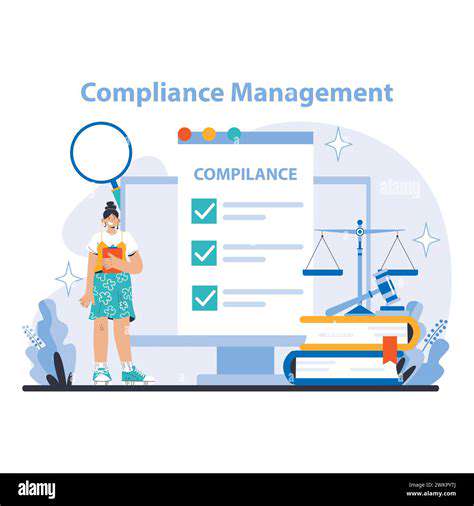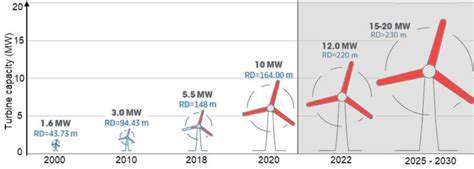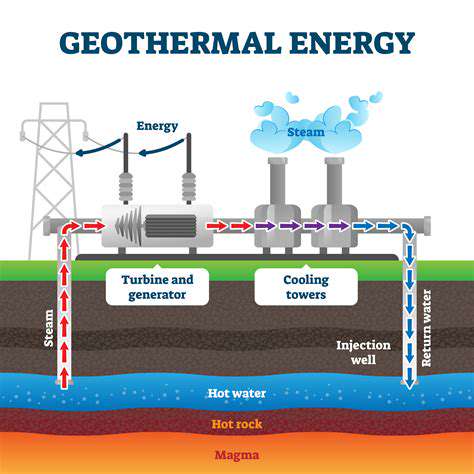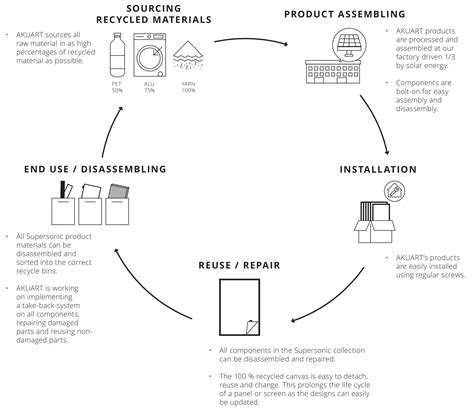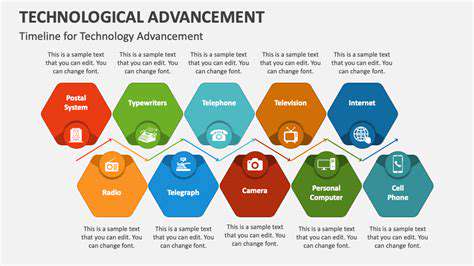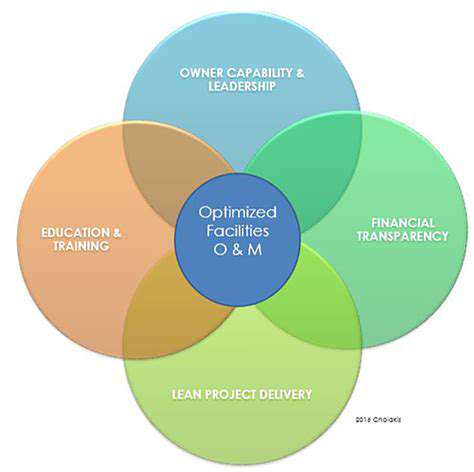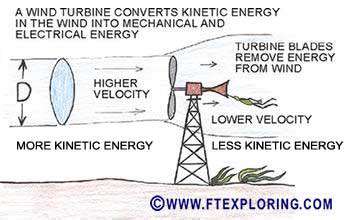Navigating Renewable Energy Certificates (RECs) in Corporate Renewable Procurement
Challenges and Considerations in REC Procurement
Identifying Reliable REC Providers
Selecting reputable Renewable Energy Certificate (REC) providers is crucial for ensuring the authenticity and validity of the certificates. A thorough investigation into a provider's track record, including past projects, certifications, and client testimonials, is essential. This due diligence helps avoid purchasing RECs from unreliable sources that may not represent genuine renewable energy generation. Careful vetting prevents financial losses and reputational damage associated with fraudulent or misrepresented RECs.
Checking for industry accreditations and memberships is also vital. These affiliations often signify adherence to robust standards and best practices within the REC market. Look for providers that are transparent about their sourcing methods and can provide verifiable documentation supporting the origin and generation of the RECs.
Understanding REC Types and Their Applicability
Different types of RECs, such as those generated from solar, wind, or hydropower, vary in their environmental impact and market value. Understanding the specific characteristics of each type is important for aligning REC procurement with the intended environmental goals. For instance, a company focusing on carbon reduction might prioritize RECs from renewable energy sources with a higher carbon-offset potential.
Knowing the specific REC types available in the market and their applicability to various compliance programs is crucial. This understanding allows businesses to make informed decisions about which types of RECs best suit their needs and environmental priorities.
Evaluating REC Pricing and Market Fluctuations
REC prices fluctuate based on various factors, including supply and demand, renewable energy generation capacity, and government policies. Understanding these market dynamics is essential for strategic procurement. Monitoring price trends and engaging with market analysts can help businesses anticipate potential price changes and optimize their purchasing strategies.
Ensuring Compliance with Regulatory Requirements
Navigating the complex regulatory landscape surrounding REC procurement is vital. Businesses must ensure they comply with all applicable regulations, including those related to REC standards, reporting requirements, and verification procedures. Failure to comply can lead to costly penalties and legal issues.
Managing REC Inventory and Tracking
Efficiently managing REC inventory and maintaining accurate records is crucial for demonstrating compliance and transparency. Implementing a robust system for tracking REC acquisitions, storage, and utilization is essential to avoid potential disputes and maintain a clear audit trail. Proper record-keeping allows for easy verification of REC ownership and facilitates compliance reporting.
Assessing the Environmental Impact of RECs
Beyond the quantitative aspects of REC procurement, careful consideration must be given to the environmental impact of the projects generating the certificates. Evaluating the sustainability of the renewable energy projects associated with RECs helps ensure that the purchase supports genuine environmental progress and avoids potential conflicts with environmental regulations. Analyzing the environmental impact of the projects behind the RECs is a vital step in making sustainable choices.
Addressing Potential Risks and Mitigation Strategies
REC procurement involves inherent risks, including fraud, market volatility, and regulatory changes. Implementing robust risk assessment procedures and developing mitigation strategies is critical to minimizing potential losses. Diversifying REC sources and establishing clear contracts with providers are essential steps to mitigate risks and protect the investment.

